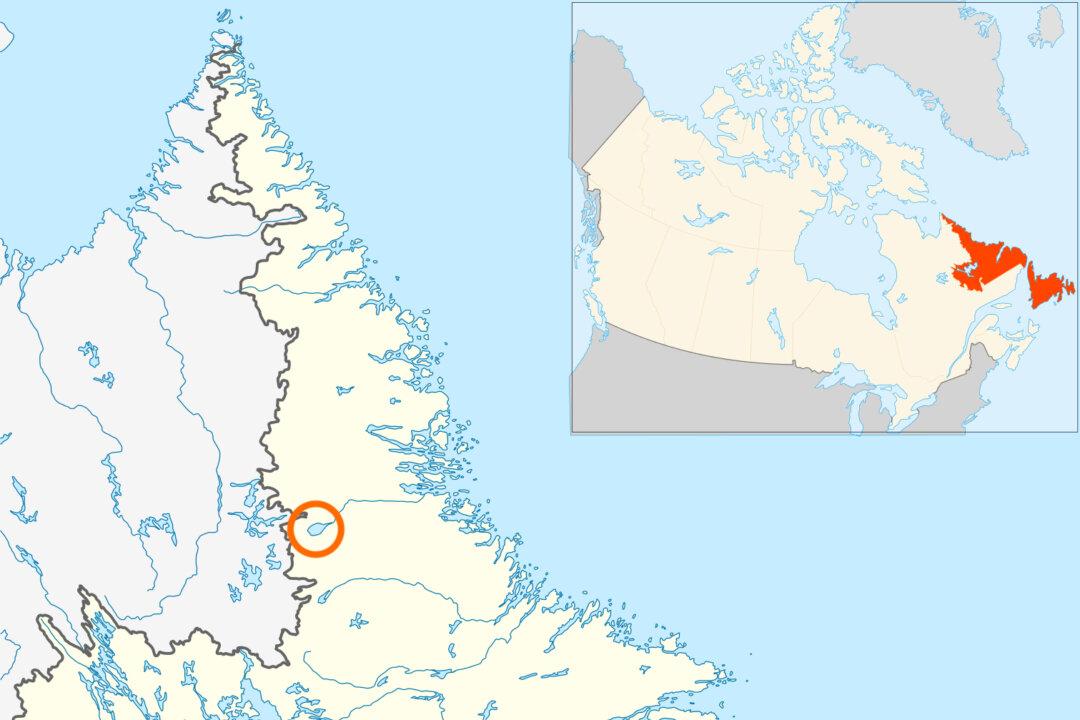U.S. Border Patrol agents rescued five Hondurans from drowning as they attempted to cross the Rio Grande border river from Mexico into the United States last Friday morning, Feb. 8.

U.S. Border Patrol agents rescued a Honduran family from drowning in the Rio Grande river as they attempted to cross into the United States on Feb. 8, 2019. U.S. Customs and Border Protection

Margaret Wollensak
writer
|Updated:



